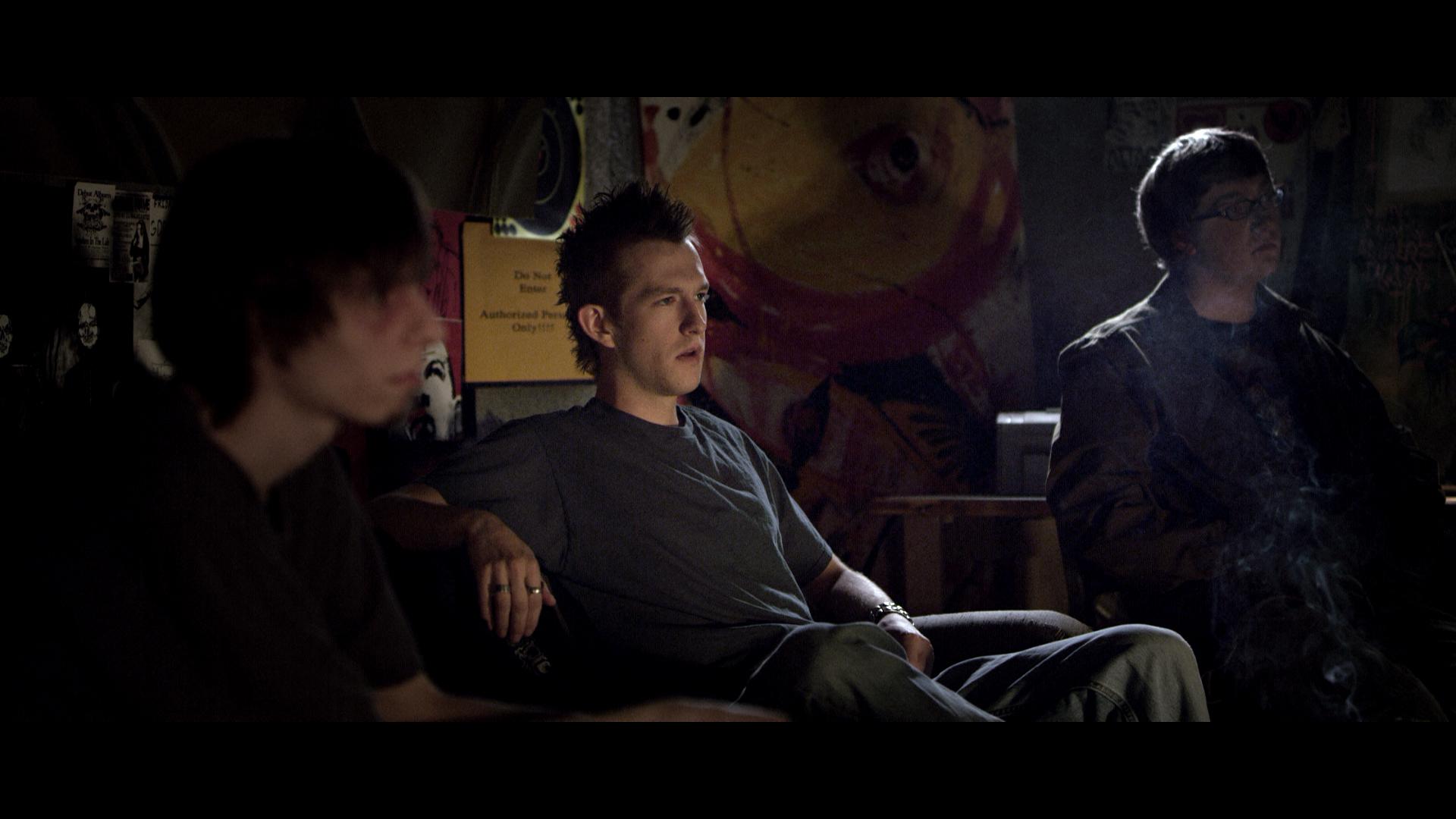

Festival organizers say that is because the Colorado film industry is growing at an exponential rate thanks in part to a new film-incentive program.
The program is luring big Hollywood production such as “The Lone Ranger” with Johnny Depp to Colorado, and local filmmakers are also benefitting from the incentives.
Festival organizers are saying that more often than not, local that filmmakers are choosing to stay and work in-state rather than move to Los Angeles or New York City.
But while the Colorado filmmaking environment appears to be improving, there is still a long way to go before the state develops a movie-making industry on a par with many other parts of the country.
Governor John Hickenlooper appointed a new film commissioner, Donald Zuckerman, in 2011.
Film producers in 2011 spent $1.8 million in Colorado and received a small incentive. Since then producers have spent $35 million and the incentive has grown. Zuckerman says the state is experiencing a film renaissance.
Jimmy Weber is the local filmmaker behind “EAT”, an indie-horror film about a flesh-eating actress and the Starz Denver Film Festival is screening his film this year.
Weber says he is concerned filmmakers working with smaller budgets will never receive an incentive.
The film incentive program actually favors local producers an an out-of-state production must spend more than $1 million to be eligible. On the contrast, local filmmakers only need a budget of $100,000 or more.
Weber says he was disappointed when he first discovered his films are under the minimum requirement.
“My heart just sunk,” Weber says.
Filmmakers say incentives are not the only reason they want to live and work in Colorado.
Haylar Garcia divides his time between Denver and Los Angeles and his film “An American Terror” is also playing at the film festival this year.
Garcia has received the film incentive and he prefers the lifestyle in Colorado.
“I get the benefit of being sane,” says Garcia.
Katharyn Grant directed and stars in her film “The One Who Loves You”, which is also screening at the film festival.
Grant says there are advantages to shooting in your home town: “You know people and you know people who know people.”
There is no shortage of local filmmakers who want to stay in Colorado but Hollywood studio executive and film professor at New York University Gerard Bocaccio says it could take a while before the local film industry develops.
According to Bocaccio, Colorado at the present has yet to produce a homegrown equivalent of the Coen brothers or Martin Scorsese.
Bocaccio also says the outside film industry won’t take notice until Colorado produces at least on big-name filmmaker.
Colorado’s incentive is essentially a 20-percent tax credit for film producers, so for every million dollars a producer spends in Colorado they will receive $200,000 back.
States across the country use this model use to lure lucrative film productions which is often considered an economic investment because film producers spend millions of dollars in state on everything from props to hotels and restaurants.
Colorado’s incentive also stipulates productions must hire at least 50 percent of their crew in-state, providing more jobs.
Film Production Capitol is a tax-credit brokerage company which has compiled a list of the best jurisdictions to film in based on several factors including the size of the film incentive on offer.
Film Production Capitol assigns the top rank to Louisiana and Georgia with five stars but Colorado ranks low with one star.
Colorado Gov. John Hickenlooper recently announced plans to allocate $5 million for film incentives in the next budget.
But first the governor will have to convince the legislature to approve the increase in incentives for filmmakers.








